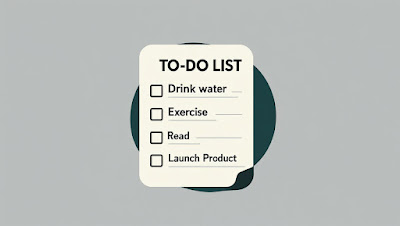Improve Your Memory
One of the most frustrating things in life can be losing your
memory. There have been lots of new discoveries to do with memory in the past decades and this knowledge will be discussed in this article.
Consuming fatty acids like
Omega-3 is beneficial for improving memory capacity. Your brain is comprised of around sixty percent fatty acids, which is why foods containing omega-3 are proven to help your memory. Look to salmon and other kinds of fish for those essential omega 3 fatty acids.
You should always be learning, even if you're well out of school. If you do not learn always, your memory section of the brain will begin to decay. There may be a point in time when you try to rely on your memory, only to find that it is failing you.
If you have a hard time remembering peoples' names when you first meet them, associate them with a person you already know that has the same name. You can even make this association with a famous person or celebrity. When you link the new name with familiar knowledge, it will help you remember the new name when you encounter your new friend again.
Refrain from cram sessions when dealing with information. A better way to remember things is to use study sessions, as opposed to cramming. It is stressful and ineffective to try and learn a new subject, all in one sitting. Your brain will be overwhelmed, and you will easily forget the information. Reserve small blocks of time every day for studying.
As you get older, your memory will occasionally fail you. However, there are strategies that you can use that will help with this situation. Things like eating right, exercising and sleeping well help with memory loss. There are also other activities that keep your mind busy, like crossword puzzles and chess.
Try to get more quality sleep time. Sleep greatly affects both your short-term and long-term memory. If you are tired, you are going to have trouble remembering things. Getting enough sleep every night will keep you remembering everything you need to.
If remembering obligations or tasks is hard for you, jog your memory with sticky notes. Post your notes in all the places that you use frequently, such as by the phone or to the side of your computer screen. Simple and effective, sticky notes are an easy fix for coping with forgetfulness.
Make sure to schedule in a break while studying. Trying to stuff all of the information you need to know into one continuous study marathon makes it hard for your brain to readily recall. Give your brain time to process all of the information you are giving it. You should definitely be careful. Although breaks assist in absorbing new information, you need
time to learn things, too. It is therefore important that you allow a decent amount of time before a test to study, rather than trying to cram it all in just before.
Retelling important information that you want to remember can be an effective way to get it into your long term memory. Every person has different thought processes and a different vocabulary: making the information your own facilitates the memorization.
You need to make sure you drink an adequate amount of water daily. Most of your brain is made of water, and if you're not properly hydrated, you'll feel worn out and will be unable to think quickly. You will have difficulty recalling old information and trouble remembering new information. Try to drink at 8-10 glasses of water a day.
Use your mind regularly to keep it sharp. Challenge your brain and sharpen your memory by regularly treating yourself to engaging, thought-provoking activities. Changing the routine of your daily activities can combat brain atrophy. For example, you could learn a new language, or start taking a different way home. The more you challenge your mind, the better your memory will get.
Exercise is a great way to maintain memory function. Exercising increases blood flow to your brain, which preserves cognitive function. Memory is centered in your brain and maintaining good health is essential to increasing your maximum
brain function. Exercise also helps to stave off conditions, like diabetes, which have been proven to have a negative effect on memory.
Go to the library and check out books written by experts in the field of memory improvement. There are a number of excellent books written by leading psychologists on topics relating to the brain and memory functions. You will find many useful tidbits of knowledge in these books that can help you in your quest for an improved memory.
Apply the useful advice of this article to your own life and hopefully, your efforts will yield positive results in increasing the sharpness of your memory. If you can use this information, you will find it will not be as hard as it had been previously.
===>Click Here to Improve Your Memory Starting Today!








